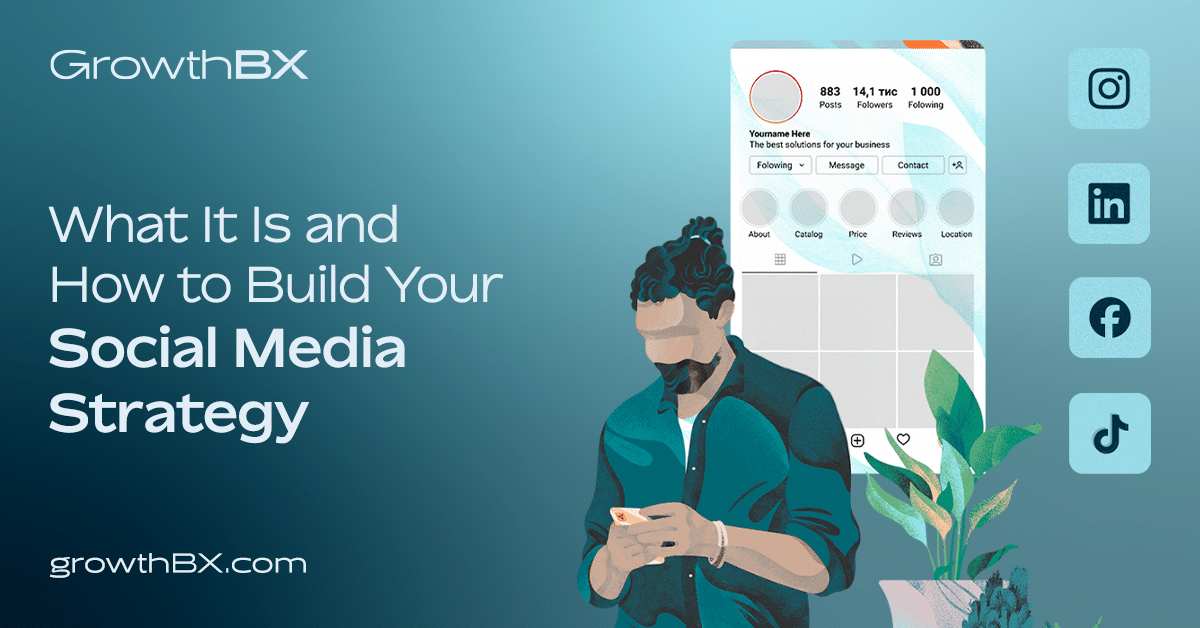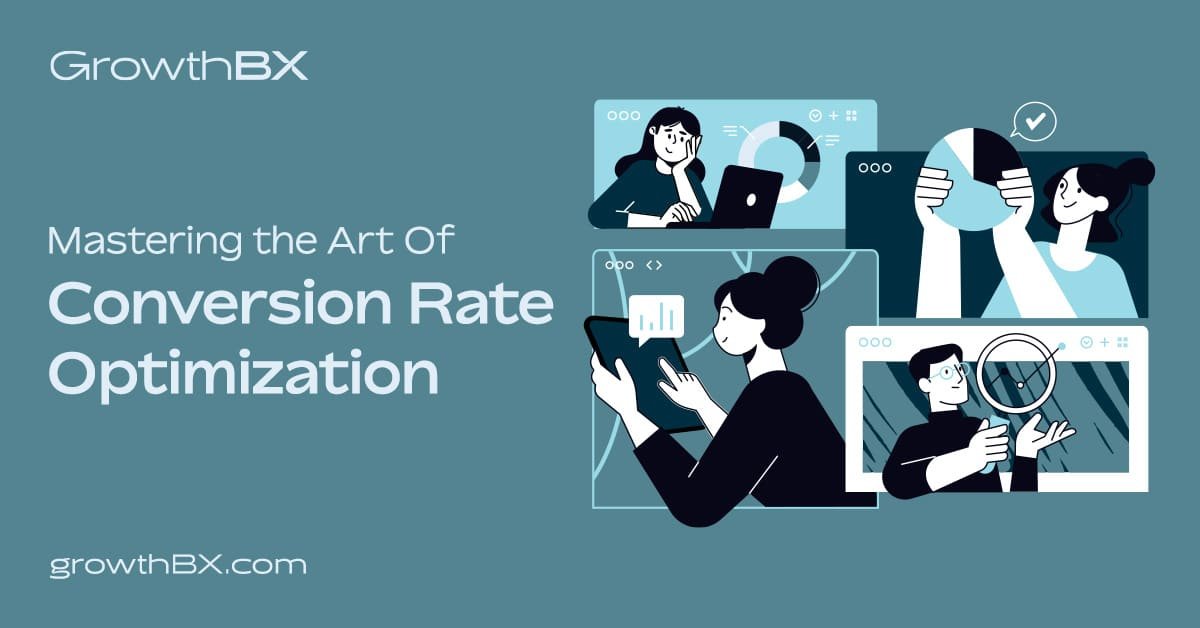In the ever-changing world of digital marketing, selecting the appropriate strategies can be critical to success. Account-based marketing (ABM) and lead generation are two common possibilities, but how do they vary and which should you prioritize? Let’s plunge in!
Understanding ABM (Account-Based Marketing)
Think of ABM as a laser-focused strategy. Instead of sending out broad messages, ABM focuses on individual, high-value accounts. It’s all about finding your ideal clients and creating personalized campaigns that address their specific requirements and challenges.
Benefits of ABM:
- Stronger ties: ABM creates close relationships with important decision-makers.
- Higher ROI: The targeted nature of ABM frequently results in higher marketing returns.
- Ideal for complex sales: ABM works best in circumstances when the sales cycle is lengthy and involves several stakeholders.
Deciphering Lead Generation
Lead generation resembles throwing a wide net. It is about recruiting as many potential clients as possible using strategies such as content marketing, social media, and advertising. The goal is to fill your sales pipeline with interested prospects.
Benefits of Lead Generation:
- Volume: Quickly generates a big number of leads.
- Cost-effective: Can be done on a cheaper budget than ABM.
- Brand awareness: Increases your company’s visibility.
The Big Question: Which Is Right for You?
Here’s a simple method to decide:
- ABM is an ideal fit if:
- You target huge businesses with complex requirements.
- You prefer personalized, relationship-based marketing.
- You have the means to fund targeted research and campaigns.
- Lead Generation may be better if:
- You have a wide target audience.
- Your goal is to swiftly create a massive lead database.
- You’re starting with a modest marketing budget.
- It’s not always one or the other.
Many businesses successfully combine ABM with lead generation. You may focus your lead generation efforts on raising awareness while using ABM to secure those crucial high-value accounts.
The Bottom Line
The greatest marketing strategy is one that corresponds with your company’s objectives and resources. Understanding the benefits and applications of both ABM and lead generation will enable you to make informed decisions and propel your organization forward.








